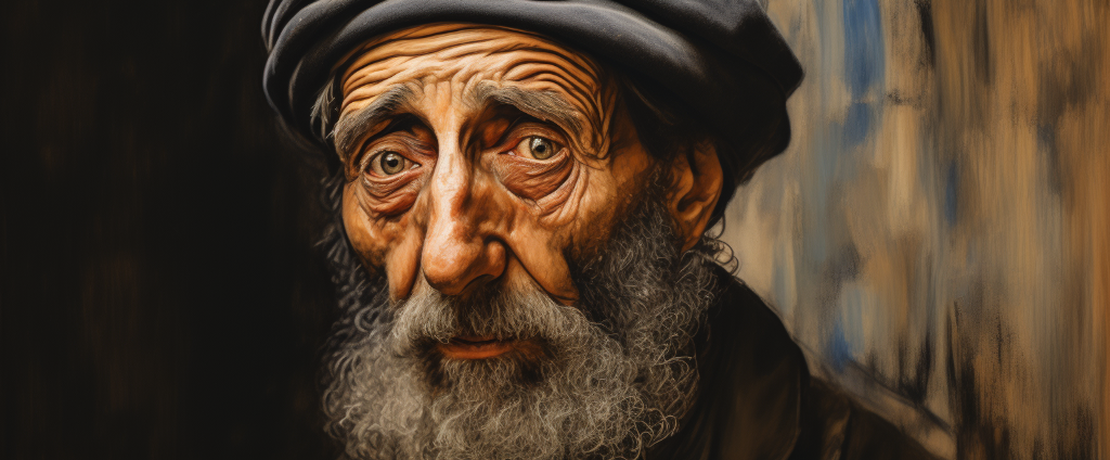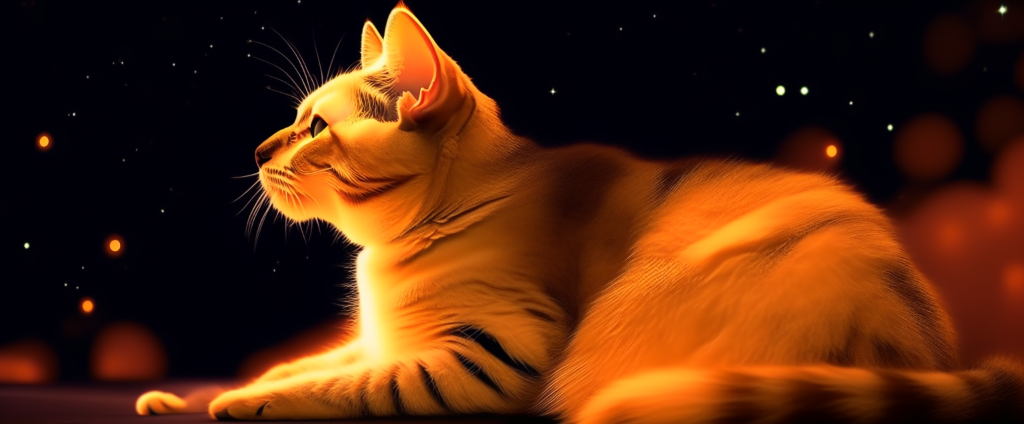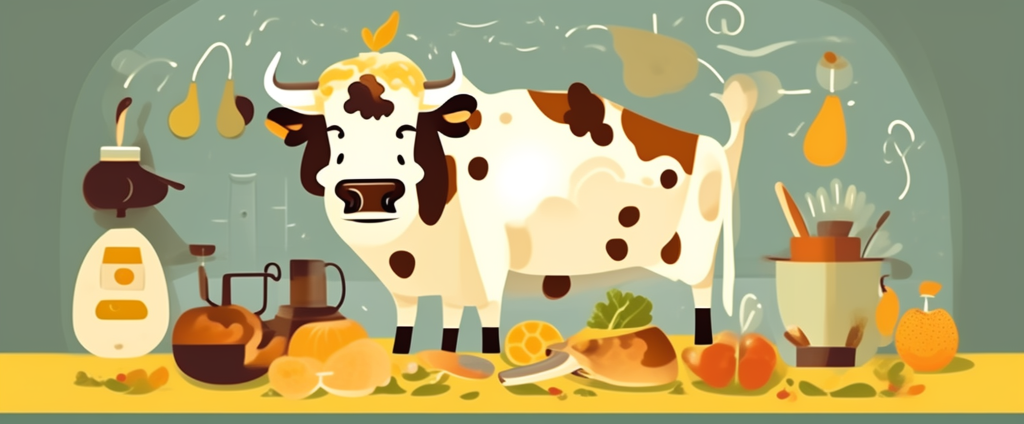Defiance through Creation: Jewish Artists' Courageous Response to WWII Ghetto Horrors
- OLT-1
- Art and culture
- October 15, 2024

Amidst the Horrors of WWII Ghettos, Jewish Artists Turned to Creativity as an Act of Defiance
The horrors of World War II ghettos are etched in our collective memory like a scar. The Nazi regime’s brutal treatment of Jews and other minority groups left deep wounds that would take generations to heal. But amidst the darkness, something remarkable happened – Jewish artists turned to creativity as an act of defiance.
In the cramped quarters of these ghettos, music, theatre, painting, and poetry flourished like a rare flower in the desert. It was as if art had become a lifeline for these individuals, a way to preserve their identity and culture despite the overwhelming odds against them.
Take, for instance, the story of the Vilna Ghetto’s Jewish artists who created an underground theatre movement. Despite the constant threat of discovery by Nazi authorities, they continued to stage plays that told stories of hope, resistance, and resilience. These performances were not just a form of entertainment; they became a beacon of defiance in the face of oppression.
Similarly, music played a vital role in preserving Jewish culture during this period. Singing hymns and folk songs became a way for people to connect with their heritage and maintain a sense of normalcy amidst chaos. The famous “Partisans’ Hymn” – written by Abba Kovner, one of the leaders of the Vilna Ghetto’s resistance movement – is just one example of how music was used as a powerful tool of defiance.
The power of art in these ghettos went beyond mere entertainment or self-expression. It became an act of rebellion against the Nazi regime and its ideology of hatred and intolerance. By creating, performing, and sharing their work with others, Jewish artists were able to preserve their identity and culture – even as they faced unimaginable hardships.
Today, we can learn a valuable lesson from these courageous individuals who refused to let the darkness consume them. In an era where hate speech and discrimination are on the rise once again, it’s essential that we remember the power of art in times of crisis. By embracing our differences and celebrating our shared humanity through creativity, we can build bridges between communities and foster a more compassionate world.
Read More:
bit.ly/489EPU3
This article is part of our ongoing series exploring how art became resistance during WWII ghettos. Stay tuned for more stories of defiance and resilience in the face of adversity!


